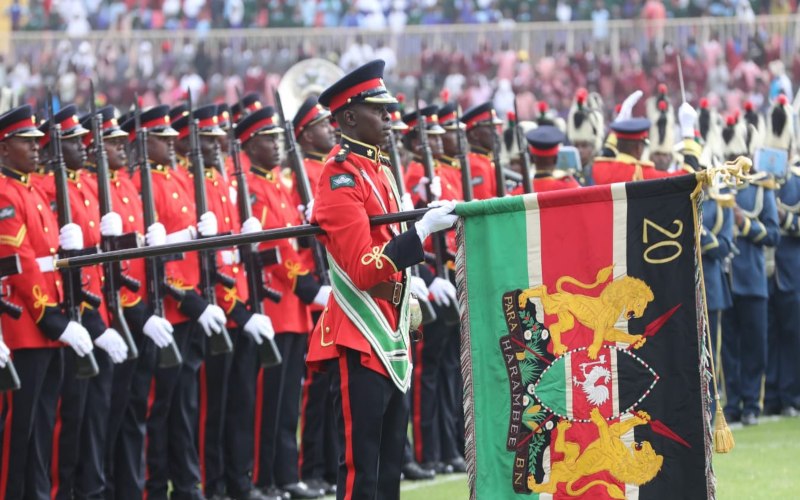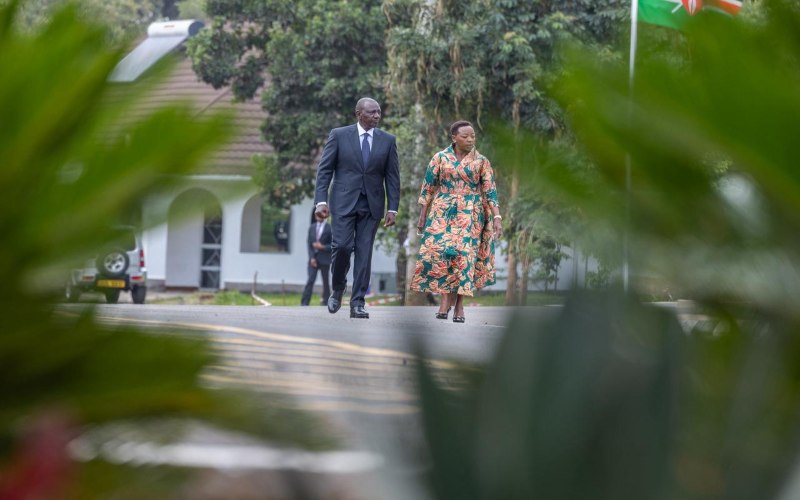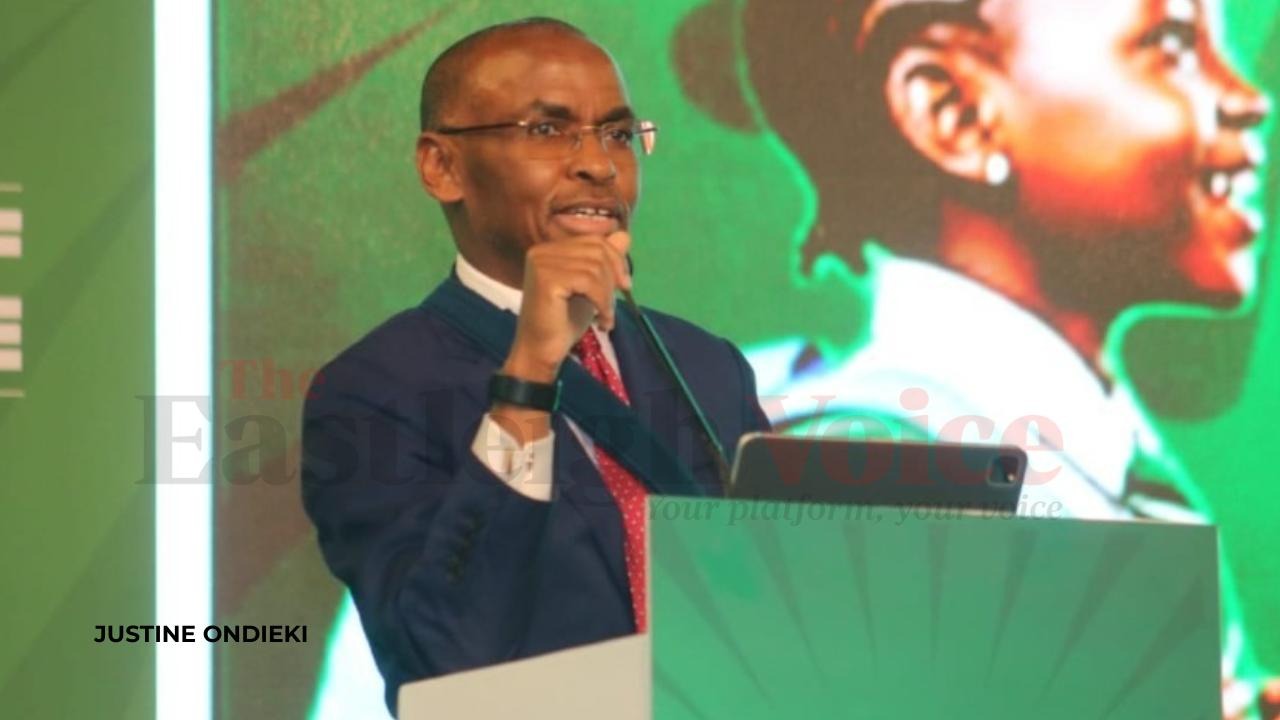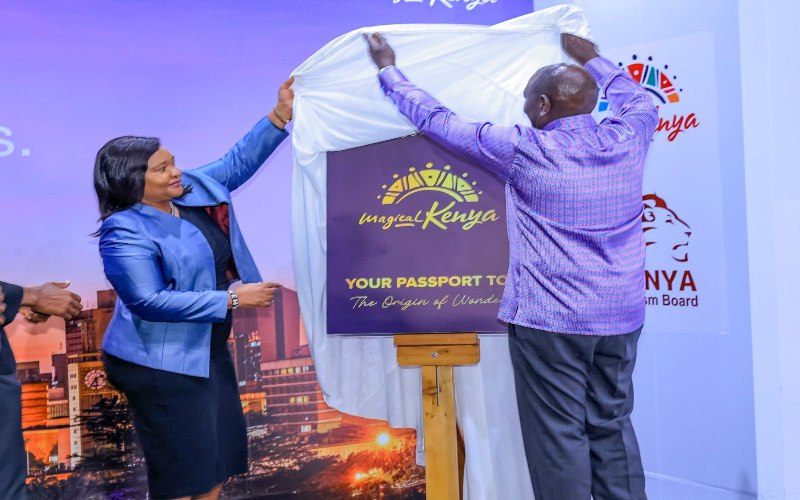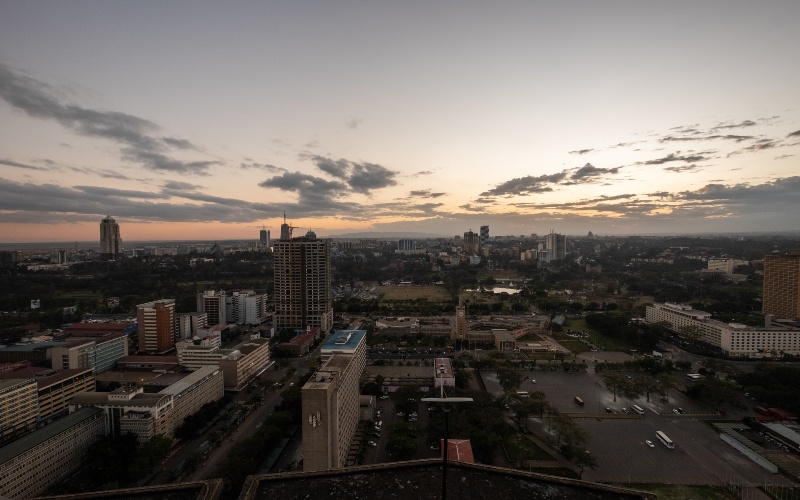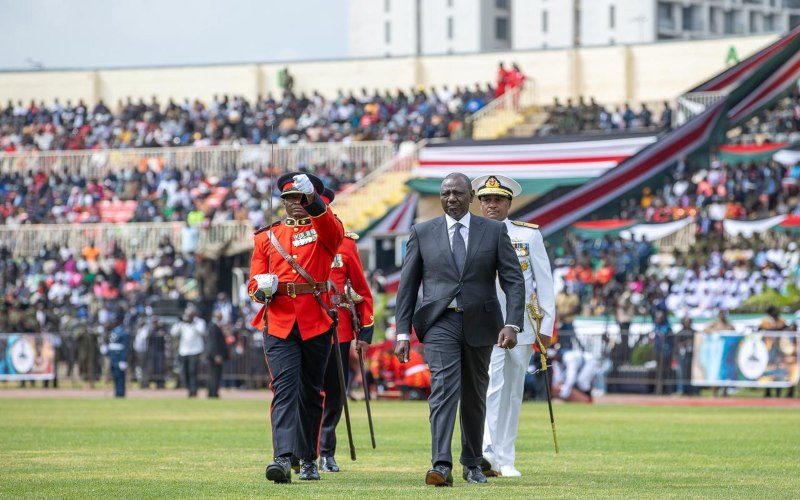DRC Conflict: MSF calls for safe and voluntary return for displaced Goma residents
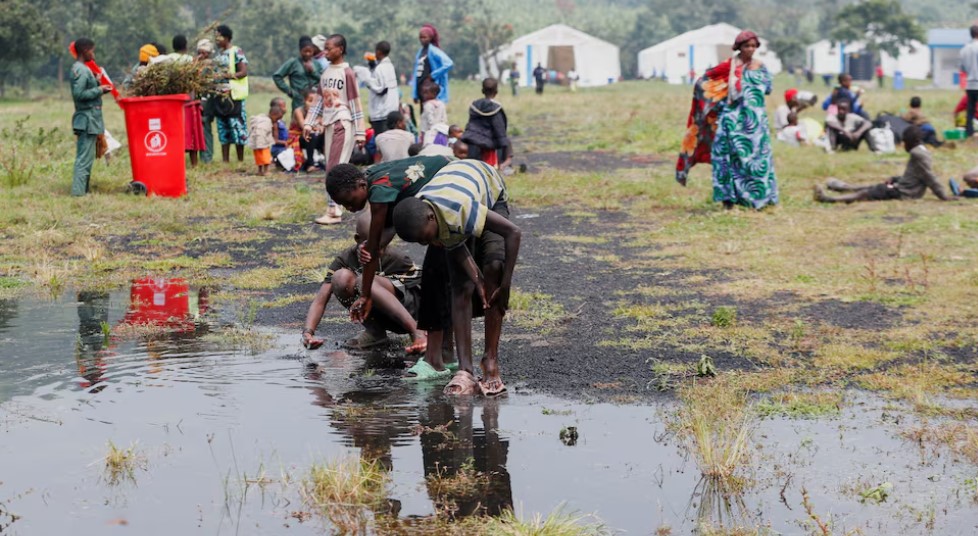
Some displaced individuals reported receiving evacuation orders, while others claimed they had been advised against leaving. Many, having endured years of hardship in the camps, expressed a strong desire to leave.
The independent medical humanitarian organisation Médecins Sans Frontières (MSF) is calling for the dignified and voluntary return of people who fled their camps in and around the city of Goma in DRC over the past three weeks.
In a statement, the organisation notes that the recent violence has displaced hundreds of thousands from temporary camps in areas such as Kanyaruchinya. This aligns with data from the UN Humanitarian Affairs Office (OCHA), which indicates that 110,000 displaced people have left camps in Goma, moving to villages in the Masisi, Rutshuru, and Nyiragongo territories.
More To Read
- MSF demands protection of civilians after deadly attack in Upper Nile State, South Sudan
- Goma airport can only be reopened by AFC/M23, say rebels
- MSF raises alarm over extreme malnutrition as Sudan crisis deepens
- MSF resumes critical medical activities in South Sudan's Yei County
- Exhibition brings to life the untold suffering of Africans crossing to Europe through Libya
- MSF denounces atrocities in El Fasher, urges immediate action to aid trapped civilians
These movements were triggered by fears of gunfire and mortar attacks as the M23 armed group clashed with the local army, culminating in the group's entry into Goma on the night of 26 January.
MSF reports that while fighting in Goma has since subsided, M23 now controls parts of the region. Many movements have been observed in the camps and on the roads, with large numbers of people leaving for neighbouring areas, including their places of origin.
Thierry Allafort-Duverger, head of MSF’s emergency programmes in Goma, noted that some displaced people are returning to the city, while others from destroyed camps are seeking refuge in the remaining camps west of Goma.
"This week, some camps have been largely emptied in just a few hours. People are leaving with what little they have. We do not know under what conditions they will travel home or what they will find there. However, it is crucial that these movements are voluntary and that the reception conditions in their areas of return are safe," she stated on Thursday.
Some displaced individuals reported receiving evacuation orders, while others claimed they had been advised against leaving. Many, having endured years of hardship in the camps, expressed a strong desire to leave.
However, some have opted to remain, uncertain about security conditions and what awaits them at home.
"The messages remain confused and unclear, but what is certain is that the population is deeply worried, caught between rumours and reality. Families are extremely vulnerable. Humanitarian aid is more essential than ever both for those who are leaving and those who are staying. Unfortunately, we are seeing that a number of NGOs have been unable to resume their activities or have suspended their services, dismantling their structures in the camps," Allafort added.
The situation has been worsened by looters who have stripped humanitarian facilities of anything useful, including chairs, metal sheeting, tarpaulins, and ropes.
"This happened in several places where MSF was working, such as Lushagala, where an MSF clinic and a cholera treatment centre were completely dismantled in just a few hours on Monday," Allafort explained.
MSF warns that those fleeing the camps are at risk of disease due to the dire state of health facilities in their places of return, many of which were looted or abandoned.
"For the past three years, living conditions in the camps around Goma have been desperate, even scandalous. However, the situation in people’s places of return is likely to be just as disastrous if NGOs, UN agencies, and authorities fail to provide even the most basic essential services. Humanitarian organisations must be guaranteed access to all return areas, and returnees must be able to access essential healthcare, including support for survivors of sexual violence. Failing to provide these services risks exacerbating the population’s health crisis," MSF stated.
In response, MSF has deployed mobile clinics along roads leading out of Goma to the east and north to ensure a minimum level of healthcare for displaced people returning to their communities. The organisation is also conducting assessments in these areas.
Among the services being provided are general medical care, malnutrition and cholera treatment, support for survivors of sexual violence, and medical care for those injured in the violence at Kyeshero and Virunga hospitals in Goma.
Additionally, MSF is distributing clean water and food while reinforcing sanitation in the camps.
Top Stories Today

